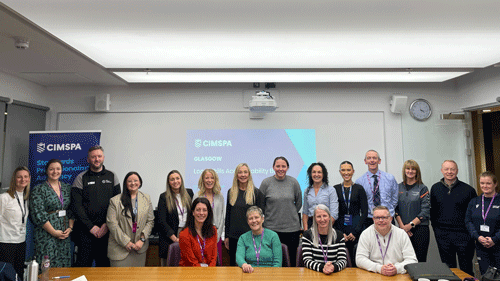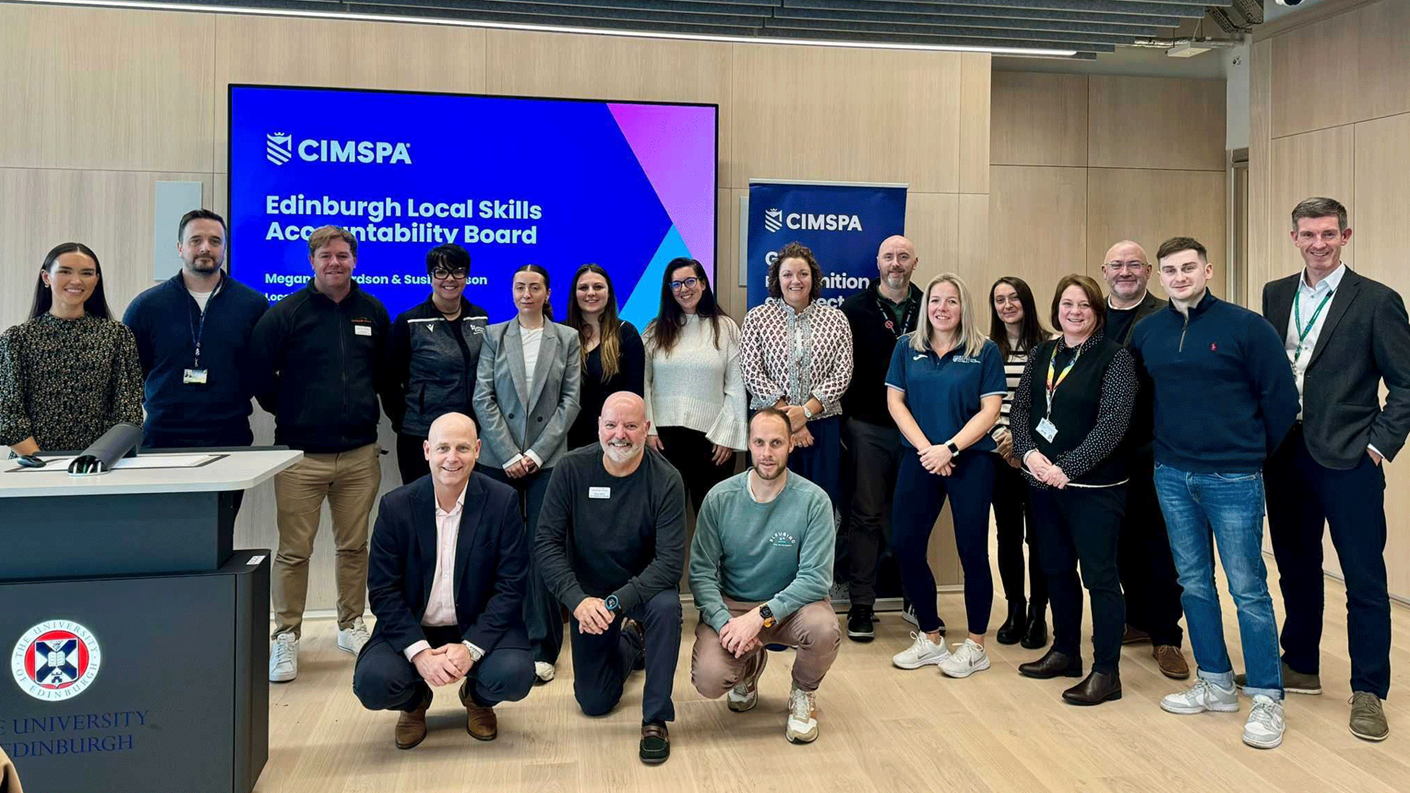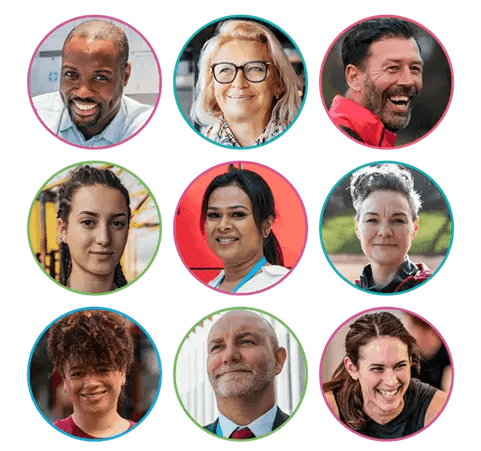Bringing the Glasgow Board to life
Already three meetings in, those in attendance had a chance to get to know each other, and discuss the three W’s:
- What we (the LSAB) are there to do
- Why those individuals/organisations are in the room
- How we are going to bring it to life
Common themes have been discussed, as well as having the opportunity to split into employers and training providers to have more in-depth conversations around common challenges in the locality.
 Megan Richardson has been discussing the enthusiasm that organisations in Glasgow expressed:
Megan Richardson has been discussing the enthusiasm that organisations in Glasgow expressed:
![]() “The response from people in Glasgow was ‘when is this happening and we can’t wait to be a part of it’ ahead of the first meeting.
“The response from people in Glasgow was ‘when is this happening and we can’t wait to be a part of it’ ahead of the first meeting.
“Local organisations have been asking for this and have been needing this, and we’re so happy that the board has now been brought together so that we can start to fill the insight gap and collate data, so that we can get a really clear picture of what the landscape of the workforce looks like in Glasgow and the surrounding areas.”
Local organisations are already aware that incorporating employer needs into local curriculums is an effective action that can be taken, a conduit such as the LSAB has been needed to make that link. Mia Burleigh, Senior Lecturer Sport and Exercise at the University of the West of Scotland said:
“It is essential that our degrees remain closely aligned with industry needs, ensuring that our graduates are not only academically able but truly work-ready. The LSABs in Scotland play a pivotal role in this process, serving as a critical bridge between us, employers, the third sector, and CIMSPA – our professional development body.
“The creation of these boards is a crucial step in guaranteeing that the skills our students develop in the classroom translate seamlessly into the workplace.”
Edinburgh LSAB: next in line
According to real time data from CIMSPA’s Data Lens, over 500 organisations in the sport and physical activity sector are situated in the City of Edinburgh, with nearly 4000 members of our workforce working in the Scottish capital city.
In this past year, there was over 850 job postings for sport and physical activity roles in the City of Edinburgh, from 184 employers, showing that there is an abundance of opportunities for those seeking to enter the sector.
Megan Richardson discusses the choice to have Edinburgh as the second board to be established:
“With this already happening in Glasgow, other areas of the country have seen what’s been brought to life and have said we need this in our area as well.
“Edinburgh seemed like the next natural step due to it being the home of a number of our already established employer partners, higher education partners and training provider partners.”
As expected, the Edinburgh LSAB has attracted different kinds of stakeholders compared to the Glasgow LSAB, truly highlighting the importance of focusing on local areas and their specific needs. Megan continued:
“There is a real mix of stakeholders that are coming to the first meeting. People from different backgrounds, experiences and governing bodies have got in touch to have a seat round the table after seeing what has been happening.”

 Megan Richardson has been discussing the enthusiasm that organisations in Glasgow expressed:
Megan Richardson has been discussing the enthusiasm that organisations in Glasgow expressed:
